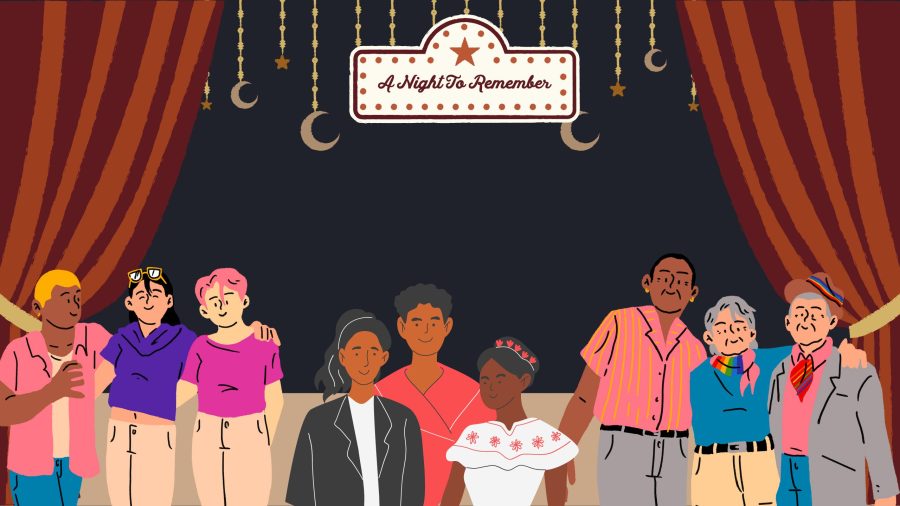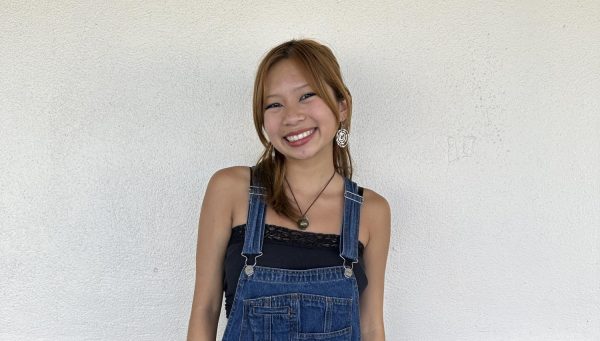Film industry diversity matters more than you think
April 19, 2023
The Oscars have curated its award ceremony for 95 years. Out of the 95 years of historical awards and milestones for film and television, only two women of color have ever won the award for Best Actress.
By all means, the Oscars are not the rule book for representation or acknowledgment of achievements. They are notorious for “snubbing”, which indicates that a movie that deserved nomination was neglected. This is relevant because out of 95 best actress winners, Halle Berry, a Black woman, and Michelle Yeoh, an Chinese woman, made history for out-beating the white predominant society of film. Not only did they win the awards, they won the hearts of millions of young women of color who grew up believing their milestones were out of reach.
Representation in media is more than just important. It’s almost parental. It specifically nurtures young children of color to understand that they are just as capable of achieving greatness as white people are. For a system built to uplift a predominantly white audience, people of color continue to defy standards.
Growing up in a predominantly Asian neighborhood, I placed the expectation on myself that I would see people who looked like me becoming famous. While Chinese media was abundant, the representation was not reflected in American culture. American media was white, and while diversity began an up reach in popular children’s shows such as PBS’s “Odd Squad” and “Word Girl,” behind the camera, people of color were not gaining any recognition for their work.
It is not so much the appearance that matters most, but what the character represents. Representation is not just the image of a person of color on the screen. It is what the person’s character depicts, says, and narrates.
Constance Wu, an Chinese-American actor, tackled the role of Rachel Chu in Hollywood’s first fully Asian cast “Crazy Rich Asians.” Her character’s story portrayed the journey of being an immigrant Asian-American who struggles to navigate the pathway of her culture and identity. When visiting her boyfriend Nick’s family, the richest family in Singapore, she faces the adversity of self acceptance in the face of traditional values, bringing a fresh perspective on Asian culture.
Yeoh, who made history by becoming the first Asian actress to win the academy’s Best Actress award, starred in the breakthrough film “Everything Everywhere All at Once”, which became the most awarded movie in movie history according to entertainment website IGN. The movie centers around a multiverse that tells the story of the relationship between a Chinese immigrant mother and her daughter.
The model minority of Asian representation for centuries had centered around stereotypical depictions such as the belief only Chinese or Japanese people are Asian, exaggerated depictions of kung-fu, dragons, archetypal smart characters, and more. What made the film significant was the heartwarming ability to represent the Asian experience in a casual, nuanced way.
“It paves the way for more Asian actors to be able to pursue their careers in the entertainment industry. Growing up in an immigrant household is such a unique experience and it made me feel so heard when I saw that a beautifully written movie that perfectly portrayed the nuances in immigrant households won multiple Oscars,” said junior Alicia Nguyen.
In the end, seeing characters and actors portray the experience of being a person of color is more than just performative. It directly impacts us as an audience, and our own perception of our capabilities. As a young child, I would never expect to see the day where an Asian film is seen as a masterpiece. The world is constantly changing, and with that there can only be the hope that more representation will be present to nurture younger generations of children of color to believe in their own capabilities.



